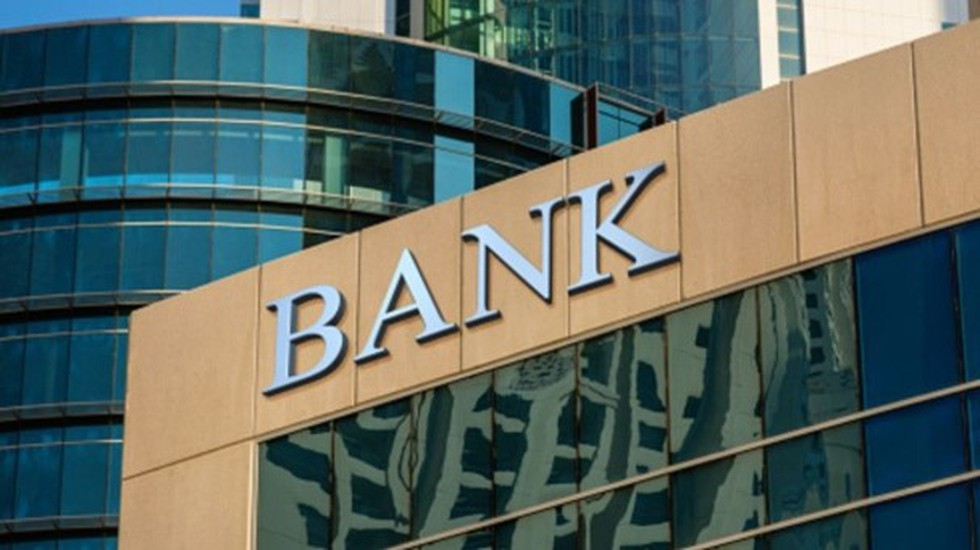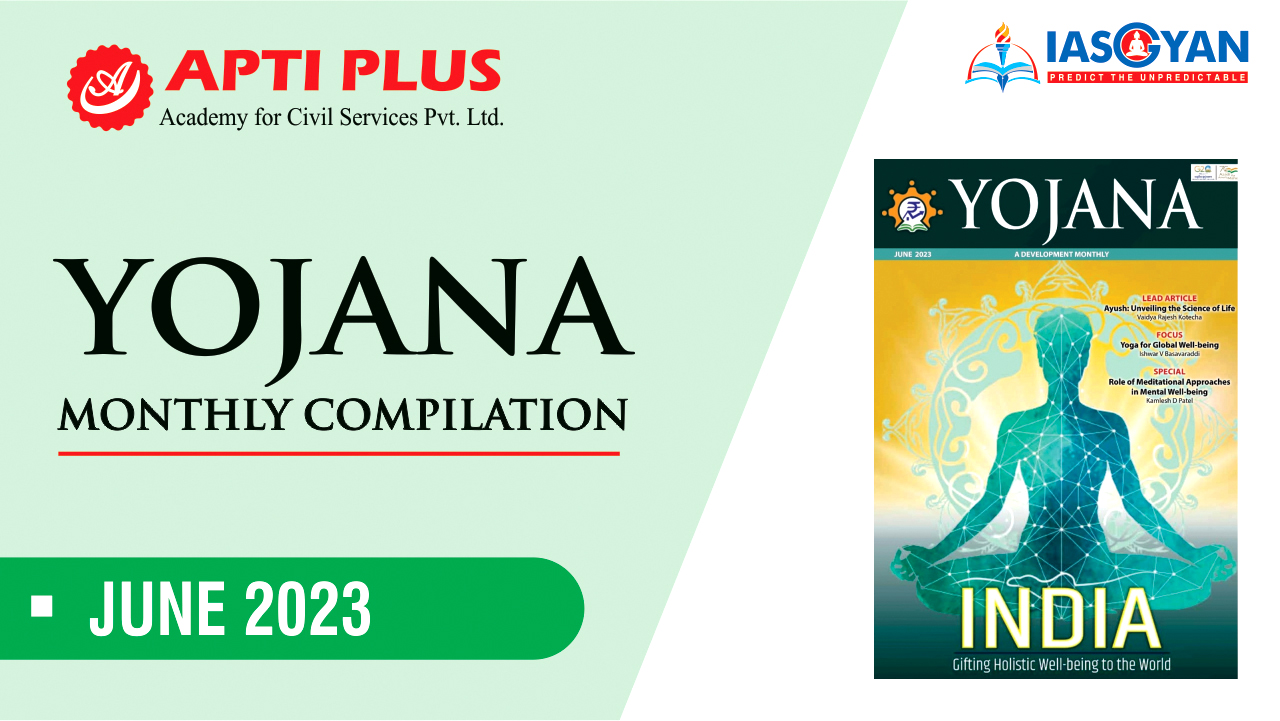ECL FRAMEWORK

Copyright infringement not intended
Context: ICICI Bank is preparing to move to the Expected Credit Loss (ECL) framework, but they are awaiting guidelines from the Reserve Bank of India (RBI) to do so. The RBI had proposed this framework, which suggests the adoption of an expected loss-based approach for provisioning by banks.
Details
- The ECL framework is a change from the traditional approach of provisioning, where banks set aside money based on incurred losses. Instead, under the ECL framework, banks would estimate potential future losses on their loan portfolios based on expected credit risks. This allows banks to be more proactive in recognizing and providing for potential losses before they materialize.
- By implementing the ECL framework, banks can have a more forward-looking and risk-sensitive approach to managing their credit risk and maintaining their financial stability. However, as with any major change in banking regulations, the RBI provides guidelines and timelines to ensure a smooth transition and compliance across the banking industry.
Must Read Articles:
ECL BASED PROVISIONING: https://www.iasgyan.in/daily-current-affairs/ecl-based-provisioning
|
PRACTICE QUESTION Q. 1. What is the main objective of the ECL framework? A) To measure the present value of future cash flows that are expected to be collected from a financial asset or a group of financial assets. B) To measure the difference between the carrying amount of a financial asset or a group of financial assets and the amount that can be recovered through sale or use. C) To measure the amount of loss that has occurred as a result of one or more events that have a negative impact on the estimated future cash flows of a financial asset or a group of financial assets. D) To measure the amount of loss that is expected to result from possible default events over the expected life of a financial asset or a group of financial assets. Answer: D Explanation: The ECL framework is based on the concept of forward-looking information, which means that it considers not only the past and current events but also the possible future scenarios that may affect the credit risk and the cash flows of a financial asset or a group of financial assets. |




1.png)
